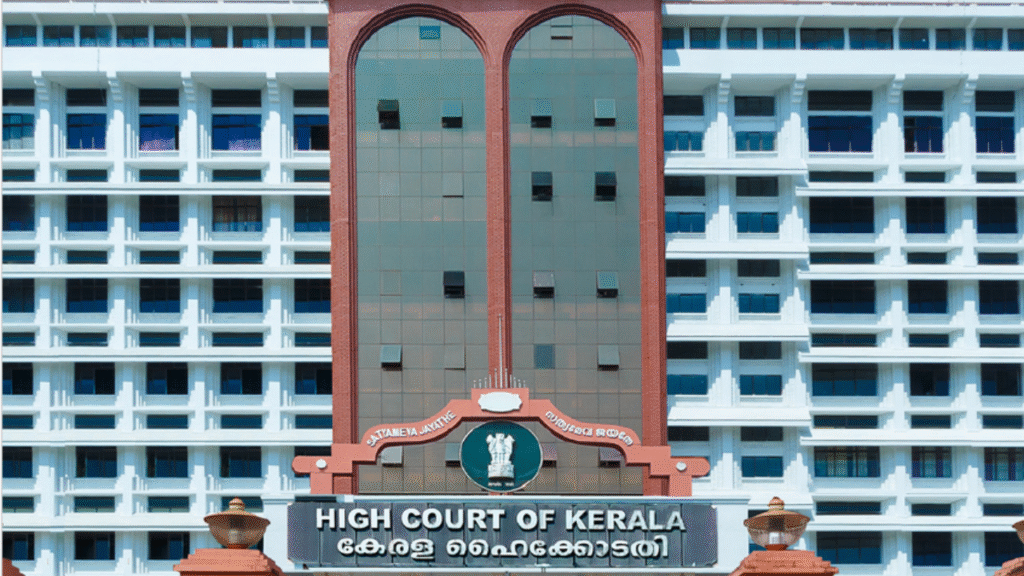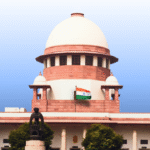CRIMINAL LAW – QUASHING OF PROCEEDINGS – SECTION 153 IPC (Wantonly giving provocation with intent to cause riot) – SECTION 426 IPC (Punishment for mischief) – DEFACING STATUE OF MAHATMA GANDHI – DISTINCTION BETWEEN IMMORAL AND ILLEGAL ACTS – PRINCIPLE OF LEGALITY (‘NULLUM CRIMEN SINE LEGE’)
(2025) 7 KCD 305 : 2025 KER 57179
HIGH COURT OF KERALA AT ERNAKULAM V.G. ARUN, J. CRL.MC NO. 10891 OF 2024 Dated: July 30, 2025
The petitioner, a law student, was accused of offences under Sections 153 and 426 of the Indian Penal Code (IPC) for placing cooling glasses and a Christmas wreath on a statue of Mahatma Gandhi within his college campus and allegedly commenting that “Gandhi is long dead”. The act was videographed and posted in a student WhatsApp group, leading to discontent and a five-day suspension from college, along with a fine. The petitioner sought to quash the criminal proceedings.
Held:
Deplorable Conduct: The Court acknowledged that the petitioner’s conduct was undoubtedly deplorable and an affront to the fundamental duty of citizens to respect national leaders like Mahatma Gandhi, who were instrumental in India’s liberation.
Section 153 IPC – Illegal vs. Immoral Acts:
For an act to attract Section 153 IPC, it must not only be “malignant or wanton” but also “illegal”.
The Court distinguished between immoral acts (behaviors considered wrong or unethical by societal norms) and illegal acts (behaviors explicitly prohibited by law, enforceable by the State, and subject to legal penalties).
Crucially, no Central or State law specifically prescribes punishment for defiling the statue of Mahatma Gandhi. The Prevention of Insults to National Honour Act, 1971, does not contain such a provision.
The principle of legality, “Nullum crimen sine lege” (no crime without law), is fundamental to criminal law, ensuring that a person cannot be convicted unless their act was defined as a crime by law when committed.
Therefore, while the petitioner’s conduct was immoral, it cannot be termed illegal in the absence of a specific law preventing and prescribing punishment for such an act.
Section 426 IPC – Definition of Mischief:
The allegations against the petitioner do not constitute the offence of mischief as defined under Section 425 IPC.
Mischief requires an intent to cause, or knowledge of likelihood to cause, wrongful loss or damage to the public or any person, resulting in the destruction, diminution in value or utility, or injurious affection of property.
The petitioner’s act, though it may have hurt sentiments, did not result in any of the situations enumerated in Section 425 IPC (e.g., no destruction or damage to the statue, nor diminution in its value or utility).
Conclusion: For the aforementioned reasons, the Court allowed the petition, quashing the final report and all further proceedings in C.C. No. 491 of 2024.
Cases Referred:
B.N.John v. State of U.P. and Another [2025 SCC OnLine SC 7]

